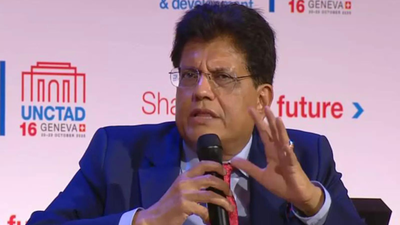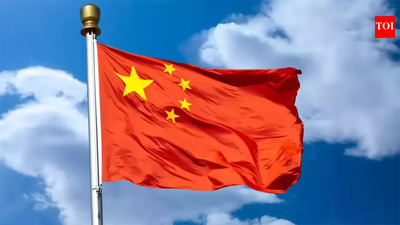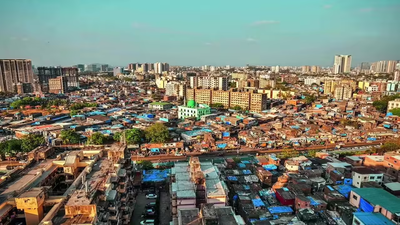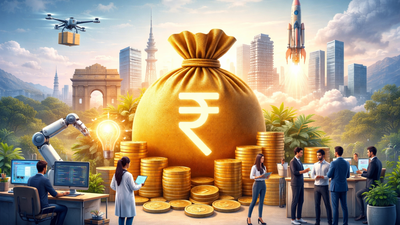UNCTAD roundtable: Piyush Goyal says India willing to ‘pay extra buck’ for resilient supply chains; embraces Atmanirbharta
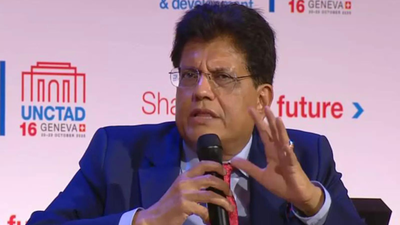
India has adopted the path of “Atmanirbharta” or self-reliance to address vulnerabilities revealed in global supply chains, placing greater importance on resilience and trust over mere cost efficiency, union minister for commerce and industry Piush Goyal said. Speaking at the UNCTAD ministerial roundtable on ‘Towards Resilient, Sustainable, and Inclusive Supply Chains and Trade Logistics’, the minister highlighted the government’s strategic shift in policy.“We realise that we’ll have to rethink our supply chains,” he said, as quoted by news agency ANI, adding that India has launched a massive programme called Atma Nirbhar Bharat, aimed at fostering self-reliance. He explained that every sectoral supply chain is being reviewed to identify vulnerabilities and expand domestic capacity, even if it does not fully align with Michael Porter’s theory of the comparative advantage of nations.Goyal noted, “We are willing to pay that extra buck to be able to have resilience in our supply chains,” pointing out that this approach has helped create jobs and build production capabilities within the country. Efforts are particularly focused on sectors where production or supply is concentrated in specific geographies.While recognising that certain global challenges—such as geopolitical tensions or pandemics—remain beyond control, he cited India’s rapid development of a domestic Covid-19 vaccine as an example of self-reliance in critical sectors. At the same time, India continues to rely on international equipment and components, strengthening free trade agreements and partnerships with friendly countries. “Therefore, we placed trust and reliability at a bigger foothold than just cost,” he said.Highlighting India’s robust growth, the minister said, “India is the fastest-growing large economy in the world today, doubling its economy every eight years,” and emphasised ongoing investments in rail, road, and inland waterways to boost both passenger mobility and transport logistics. He added that the goal is to support local industry and self-reliant manufacturing systems.On the global front, India seeks “trusted partners” and believes that collaboration among developing nations is key to progress. “We’ll have to build up more conversations amongst ourselves, learn from each other’s examples, share our own offerings,” he said, pointing to India’s leadership in digital innovations such as payment systems. “If we all share it amongst each other, we can significantly bring down the cost of transacting and payment within countries,” he added.


